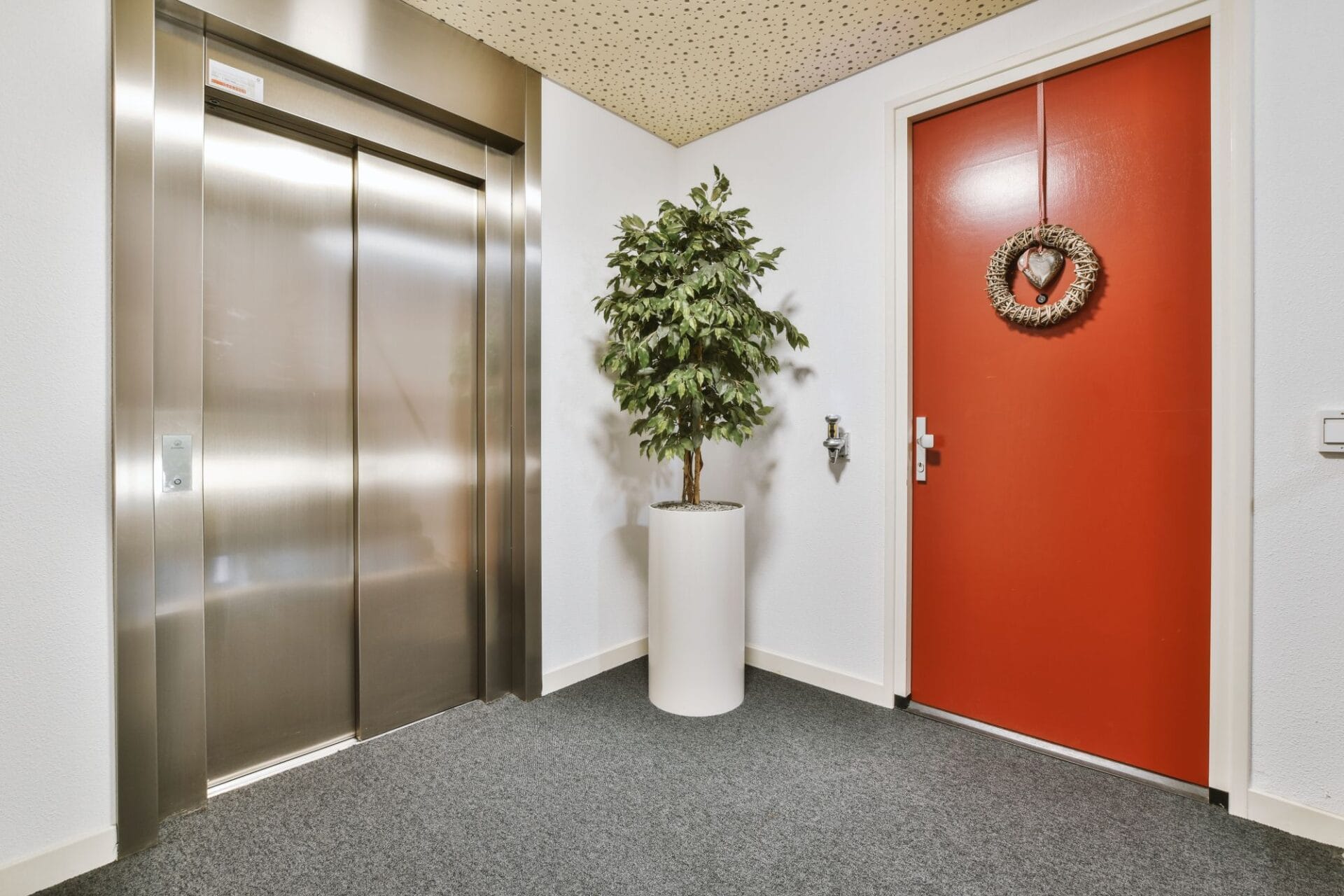There’s no magic secret to creating a strong condo budget. It takes some planning, application of relevant data, and experience to assemble a roadmap that will lead your condo community to financial stability.
But if you’re new to the board, and aren’t very comfortable with money management, you might not know what to do or avoid.
People learn by making mistakes, but when it comes to a condominium’s finances, the fewer you make, the better. Read about these common money mistakes now to avoid making them later on.
Mistakes to avoid
- Late or inaccurate financial statements
- Forgetting to budget for legal expenses
- Failing to contribute to the reserve study
- Making emotional decisions instead of practical financial decisions
- Putting operational costs on autopilot
1. Late or inaccurate financial statements
Year-end financial statements can say a lot about a condo’s fiscal health. This statement contains information about income, measures the budget against the actual spending amount, and signals to the community if and how much fees will need to be increased.
Not only do these statements help the board plan for the next budget, but most condominiums are required to share financial statements. That’s because they are the ones supplying most of the revenue, and they have a right to know how their money is being used.
It is recommended that your community hire a certified accountant who specializes in condominium/HOA finances. They will have an easier time preparing these statements and are less likely to make mistakes.
However, there’s so much more to it than creating accurate financial statements. In order to have the correct numbers on these documents, the corporation or association needs to have accurate numbers for projects, late payments, assessments, payroll, etc.

To ensure tracking of money in and money out is done correctly, it’s best to use some sort of software to help your team simplify and automate the ongoing process. For example, if you have an online payment processing option for residents, they can pay dues online, and you have a permanent record of when and how much each resident paid. It’s also easier to identify residents who are behind on payments.
Similarly, an accounts payable system creates a standardized workflow for your team so that you can approve invoices and pay vendors in days instead of weeks. Again, you’ll have access to accurate records that don’t get misplaced, and you can view them from any device if you are using a cloud-based platform.
2. Forgetting to budget for legal expenses
Lawyers offer a specialized service to condo communities. As such, they are in a position to charge a lot for their work. Though many condominiums won’t have much in the way of legal fees most years, there may come a time when they have to engage in a lengthy legal case. The bill could equate to tens of thousands of dollars.
It’s for this reason that communities are encouraged to set aside funds for legal expenses. Better yet, depending on the size of your condo and the budget available, your leadership team may decide that it makes more financial sense to have a lawyer on retainer. With a lawyer on retainer, your board can talk to a legal expert and ask questions without racking up hourly fees. They may get unlimited calls, so they can ask about anything that might have legal consequences, including voting, contracts, rule enforcement, and more.
In addition to legal fees, there are a couple of other things that sometimes get left out of the budget:
- Insurance deductibles – When a serious accident occurs, your board doesn’t need to deal with the additional stress of figuring out how it’s going to cover insurance deductibles. Ensure your team knows how much the insurance company will cover versus the amount the condo will have to pay when certain catastrophes occur.
- Taxes – Taxes will fluctuate from year to year, making it difficult to know how much your community will owe. The solution is to talk with an expert about how changes in tax law could impact the condo during the next fiscal year. By doing so, you will have a clearer idea of how much you should set aside for this expense.
To ensure you’ve accounted for most of the condo’s annual expenses, itemize costs instead of simply making general categories for maintenance or utilities. A smart budget will include an itemized list of specific expenses like plumbing, electrical repairs, roofing, water, etc.
3. Failing to contribute to the reserve study
A reserve fund is created so that condominiums can pay for large, long-term expenses without having to levy costly special assessments. Most condominiums are now legally required to maintain a reserve fund.
The reserve fund balance will fluctuate from year to year, and will be lower after paying for planned expenditures for major projects. In the following years, the fund must be replenished. Owners should expect higher annual fees during these times.
If a reserve account is underfunded, the corporation or association can find itself in a very undesirable situation. Owners could even sue the condo if the reserve fund is purposefully neglected.
Every community will need a different amount in its reserve fund. Factors like the size and age of the building will dictate how much is needed. However, as a general guideline, communities should be directing roughly 25% to 30% of annual condo fees into the reserve fund.
A reserve fund study will give individual communities a more concrete figure regarding contributions. The study is conducted by a professional, such as an engineer, who calculates how much money the condo needs to pay for future costs.
Note that replacement costs have jumped during the past few years. This is partially due to inflation, and partially due to a lack of skilled contractors and materials. These higher costs would not have been incorporated in a reserve fund study conducted before 2022. Your condo may need to conduct a new study soon in order to get more accurate numbers.
Money designated for a reserve fund must be maintained in a bank account that is separate from the one used for operating funds.
4. Making emotional financial decisions instead of practical financial decisions
While board members try to make everyone in their community happy, that is simply impossible. Unfortunately, they must make some hard, factual decisions that won’t always please residents. Maybe the community really wanted to invest in new gym equipment, but the condo needs to replace windows in common areas. While the second project is less exciting, needs must come before wants.
In order to ensure the corporation’s/association’s best interests are prioritized, board members should:
- Avoid making individual, one-off decisions based solely on the demands of a vocal minority
- Make collective decisions as a board to ensure objectivity is prioritized when weighing financial choices
- Accept results of member votes and decisions, even if they don’t necessarily align with your personal preferences
- Reflect on whether you are making certain financial decisions because they will help the community, or because they are important to you
- Promptly address issues when a fellow board member is making financial decisions that do not benefit the community
5. Putting operational costs on autopilot
Don’t assume any costs that fall under your condo’s operating budget will remain the same from one year to the next. Costs for utilities, landscaping, security, and other ongoing expenses have almost certainly increased over the past 6 months.
Some associations/corporations may have “copied and pasted” these costs from the previous year when they were putting together a new budget. However, this will almost certainly result in an inaccurate operating budget. You won’t have enough to cover essential services for the entire year.
Take some time to review your building’s vendor contracts as well and identify the ones that are ending or will renew automatically. This is a good time to consider exploring other service providers if the board feels like they have been paying too much or haven’t received the level of service they thought they would get.
Conclusion
Work with your team to create a financially healthy condo community. If the board is ever unsure about something, consult with the property manager or a financial professional who specializes in condominiums.























